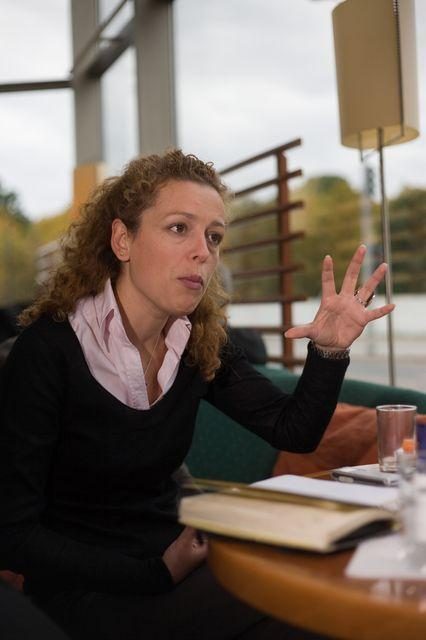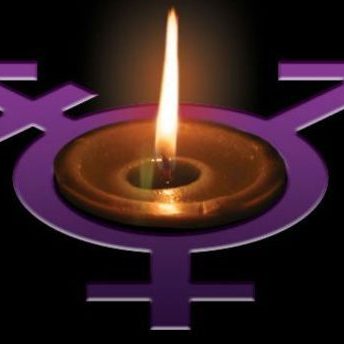
A woman from Finland who came out as transgender during her marriage should be allowed to be legally recognized as a female without changing her marital status, Amnesty International said, after the European Court of Human Rights ruled against her.
Because of Finland’s prohibition on same-sex marriage, Heli, 49, is not able to obtain legal recognition of her gender unless she converts her 18-year marriage into a civil partnership.
She has already had to undergo a psychiatric assessment and sterilization as part of Finland’s legal requirements for gender recognition.
“With this deeply disappointing and unjust ruling, the European Court of Human Rights is condoning Finland’s repressive laws affecting transgender people and reinforcing harmful gender stereotypes,” said Jezerca Tigani, Deputy Director of Amnesty International’s Europe and Central Asia Programme.
“These laws are disproportionate and discriminatory. They are forcing Heli to choose between legal recognition of her gender identity and staying married to her partner. Having to choose one over the other is a violation of her rights.”
The European Court of Human Rights has previously recognized that an individual’s ability to obtain recognition of their gender identity is “one of the most basic essentials of self-determination”.
“This case highlights the need to overhaul Finland’s laws so that others like Heli can obtain legal recognition and are not forced to undergo such an ordeal,” said Jezerca Tigani.
“The discriminatory laws preventing same-sex couples from marrying should not be used to deny Heli the enjoyment of her right to private and family life.”
Heli told Amnesty International: “I was not reborn as a woman and I am not remarrying my spouse. We have been married since 1996 and in that marriage, a child was born. If I can live with this, society should be able to.”
Transgender people are at risk of violations of their right to privacy – as well as discrimination, harassment and even violence – whenever they have to produce documents mentioning a name or other gender-related information that does not reflect their gender identity and expression.


